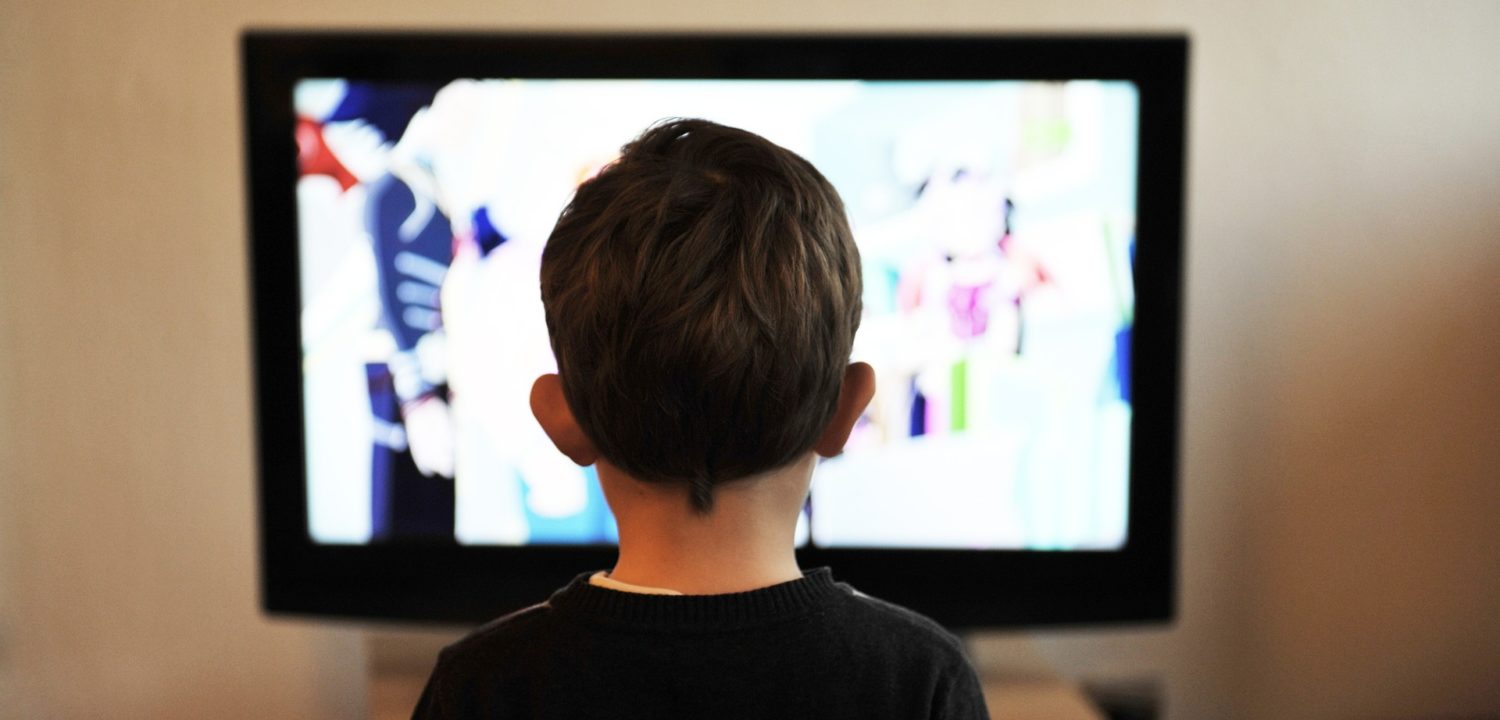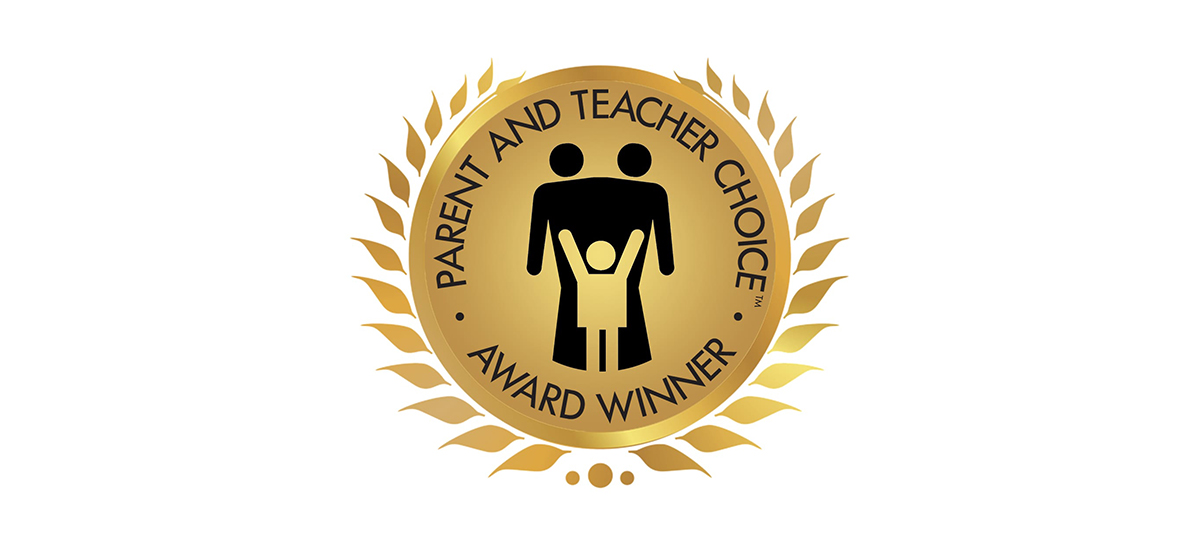‘Screen Time’, or the time spent by a person in front of a screen, is growing by leaps and bounds every day.
Photo by Vidmir Raic from Pixabay
Guidelines issued by the American Academy of Pediatrics recommend no digital exposure until children are 18 months of age, and exposure with adult engagement at least until they are 5 years old. We at Square Panda follow their instructions, endorsing the use of our literacy platform for children above 2 years of age. We are also great believers of learning via screen time, for the following reasons:
WE LIVE IN A DIGITAL WORLD
Digital media has invaded every part of our lives, in offices, homes, and even schools. In such a scenario, ensuring children are digitally literate is not just smart, it is also staying a step ahead of the times. Supervised screen time, can, if handled correctly, can increase children’s confidence and prepare them for their future.
PUTTING THE ‘SELF’ IN ‘SELF-CONTROL’
An overuse of anything, be it screens or even play time, is never a good thing. With that said, parents and teachers should try to encourage children to self-regulate the time they spend in front of a device. Teaching them moderation through methods like fear (you can scare them away from too much screen time by showing them its adverse effects), and positive motivation (entice them away from the device by introducing them to something they enjoy more), can have unexpected benefits. Because they are setting their own (moderate) time in front of a device, they become more independent, confident, and self-assured. They are gradually able to identify their own needs and wants, and figure out a way to meet them.
THE HEALTH BENEFITS OF SCREEN TIME

Research has proven that screen time can actually help, rather than hinder, development of young children. Screen time has also received a ‘thumbs-up’ from child media expert and Vice President of PBS KIDS Digital, Sara DeWitt, who believes screen time can be beneficial if used correctly.
- In light of fear that excess screen time can cause obesity, look to videos, apps, and activities that encourage children to move rather than stare passively at the screen. Square Panda’s games, like Jiggity Jamble and Monster Rhymes, motivate kids to use their bodies while learning English.
Talking to kids about their pastimes, and more specifically, their favoured games, has a way of opening up the conversation to new avenues. Experts even suggest this can lead to enhanced social and emotional interactions.
Parents and teachers can control the content, choosing only those programs/products that have a high quality of educational age-appropriate content. And there are a lot of high-quality educational products out there!
SCREEN TIME WITH A DIFFERENCE

For more such images, check out our Instagram and Facebook pages.
We ask parents and teachers across India to say a big, resounding ‘YES’ to screen time with us, because our early literacy system has 40% less screen time with our multisensory approach; kids constantly look away from the screen to search for and pick up Smart Letters while playing with games. Unlike other digital experiences, Square Panda’s phonics-based early education platform qualifies—and many parents would agree with us here—as ‘good Screen Time’. With a product that is research-based (we’ve got our own team of experts in the field of early education, working alongside educators) and has proven results in many schools and homes across America and China, Square Panda’s vast library of educational games makes a child’s time in front of a device more productive.

For more such images, visit our Instagram and Facebook pages.
We think an introduction to the digital world is essential in today’s day and age, but we highly recommend a balanced use of screen time, with children going outdoors as regularly as they learn and play indoors.
What Do You Think:
Take this poll and let us know your thoughts about ‘Screen Time’ in your homes and classrooms:
https://discover.apester.com/media/5c8b35eef115e0e2aae10a1f?src=link
– Sanjana Shukla, Content Writer, Square Panda India







